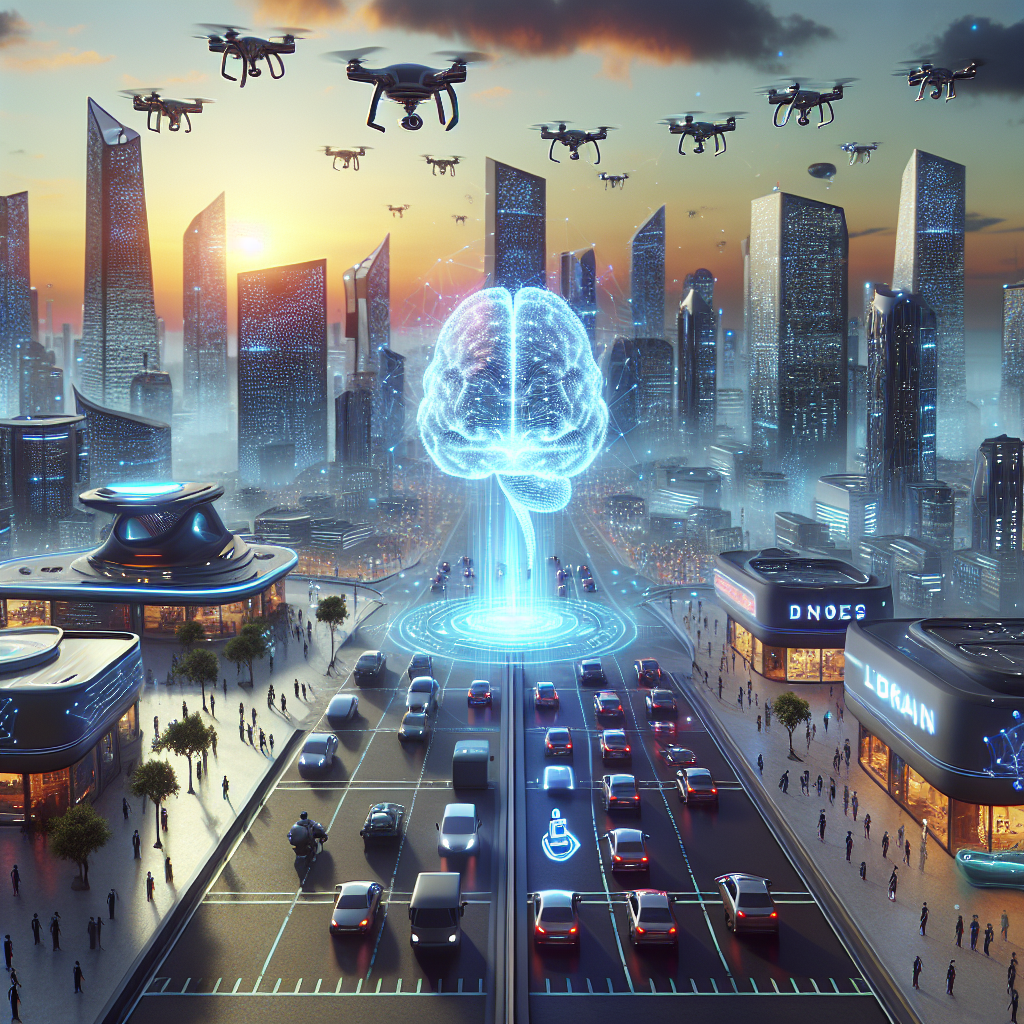Artificial General Intelligence (AGI) is a term that has been gaining traction in recent years, as advancements in technology continue to push the boundaries of what is possible with artificial intelligence (AI). AGI refers to a level of intelligence in machines that is comparable to human intelligence, allowing for a wide range of tasks to be performed with a high level of proficiency. In this article, we will delve into what AGI means for businesses and consumers, and address some frequently asked questions about this emerging technology.
What is AGI?
AGI represents the next frontier in AI development, as it aims to create machines that possess the ability to perform any intellectual task that a human can. While current AI systems are highly specialized and focused on specific tasks, such as image recognition or natural language processing, AGI seeks to create a more versatile and general-purpose intelligence that can adapt to a variety of tasks and situations.
AGI is often contrasted with artificial narrow intelligence (ANI), which refers to AI systems that are designed for specific tasks and lack the ability to generalize their knowledge to new situations. AGI, on the other hand, is intended to be more flexible and adaptable, with the potential to learn and reason in a manner similar to humans.
What does AGI mean for businesses?
For businesses, the development of AGI has the potential to revolutionize the way they operate and create value. AGI systems could be used to automate a wide range of tasks, from data analysis and decision-making to customer service and product development. By leveraging the capabilities of AGI, businesses could streamline their operations, improve efficiency, and gain a competitive edge in the marketplace.
AGI also has the potential to unlock new opportunities for innovation and growth. With the ability to perform a wide range of tasks at a high level of proficiency, AGI systems could help businesses discover new insights, develop new products and services, and identify new markets to target. By harnessing the power of AGI, businesses could accelerate their growth and drive greater value for their customers.
What does AGI mean for consumers?
For consumers, the development of AGI could lead to a range of benefits and opportunities. AGI systems could be used to enhance the quality of products and services, by providing personalized recommendations, improving customer service, and enabling more efficient and effective interactions. AGI could also help consumers make better decisions, by providing them with access to more accurate and timely information, and by automating routine tasks that would otherwise be time-consuming and labor-intensive.
AGI could also lead to the development of new products and services that were previously not possible. For example, AGI systems could be used to create personalized healthcare solutions, intelligent virtual assistants, or autonomous vehicles that are safer and more efficient than human-driven vehicles. By leveraging the capabilities of AGI, consumers could benefit from a wide range of new and innovative products and services that improve their quality of life.
Frequently Asked Questions about AGI
Q: What are the potential risks of AGI?
A: One of the main concerns with the development of AGI is the potential for it to surpass human intelligence and become uncontrollable. If AGI systems were to become autonomous and act in ways that are harmful to humans, it could pose a significant risk to society. There are also concerns about the impact of AGI on the job market, as automation could lead to widespread unemployment and economic disruption.
Q: How close are we to achieving AGI?
A: While significant progress has been made in AI research in recent years, achieving AGI remains a challenging and complex task. Many experts believe that we are still decades away from creating a true AGI system that is comparable to human intelligence. However, rapid advancements in technology and increased investment in AI research could accelerate the development of AGI in the coming years.
Q: How will AGI impact the economy?
A: The impact of AGI on the economy is still uncertain, but it has the potential to drive significant changes in the way businesses operate and create value. AGI could lead to increased productivity, innovation, and growth, but it could also lead to job displacement and economic inequality. It will be important for policymakers and businesses to carefully consider the implications of AGI and develop strategies to mitigate any negative impacts.
In conclusion, AGI represents a significant leap forward in AI development, with the potential to revolutionize the way businesses operate and create value, and to provide consumers with new opportunities and benefits. While there are still many challenges to overcome in the development of AGI, the potential rewards are vast, and it is likely to have a profound impact on society in the years to come. By understanding the implications of AGI and addressing key questions and concerns, businesses and consumers can prepare for the opportunities and challenges that lie ahead.

